

French Polynesia Tahiti President Moetai Brotherson has accused France of always having a problem with decolonisation in the Pacific.
Photo/supplied
Tahiti wants France back in UN decolonisation talks
French Polynesia Mā’ohi nui President Moetai Brotherson is calling on Paris to return to the negotiating table.


Inked across lands: How Pacific tattoo art is thriving in Germany

US funding cuts threaten to 'dry up' future of Pacific scientists - expert
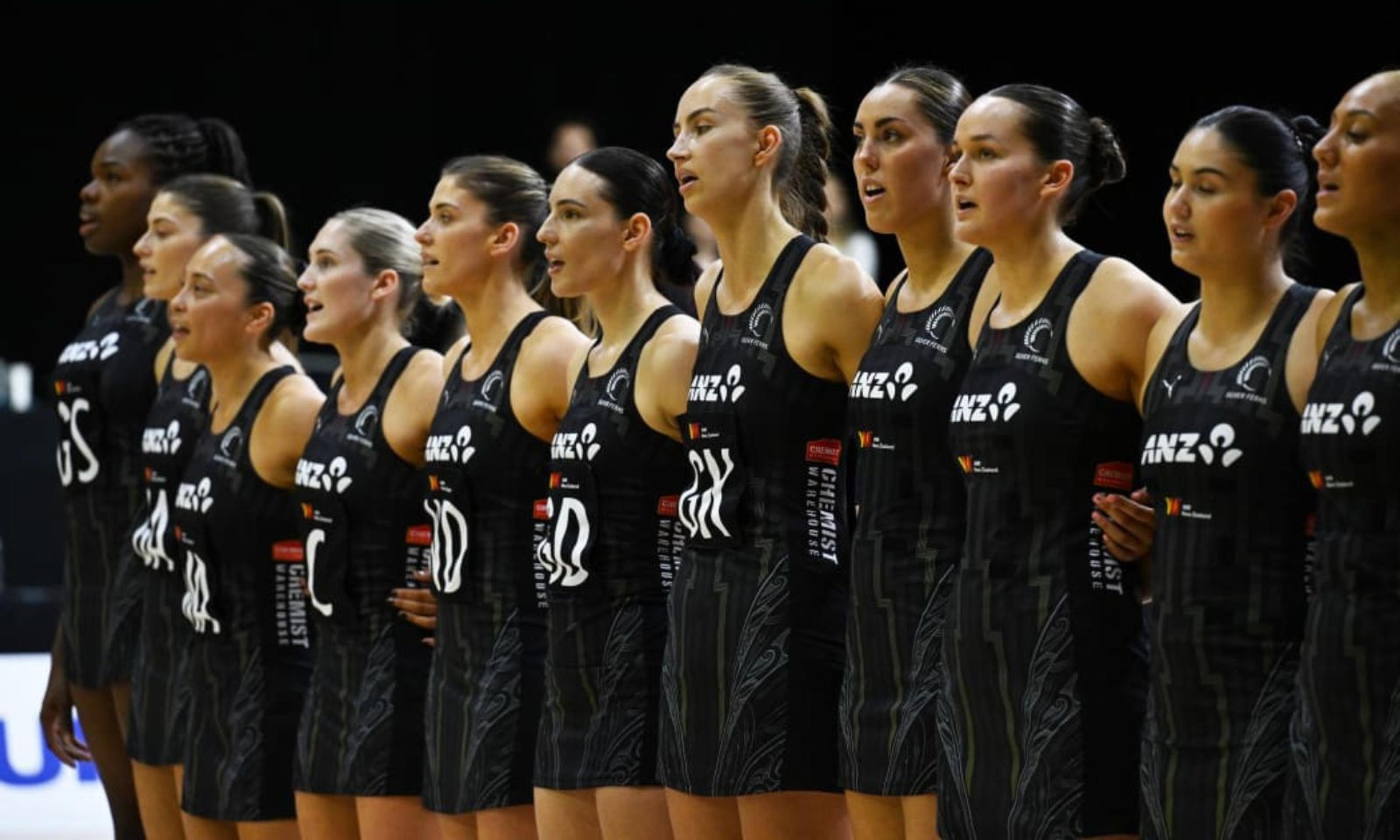


Inked across lands: How Pacific tattoo art is thriving in Germany

US funding cuts threaten to 'dry up' future of Pacific scientists - expert

The United Nations is being urged to bring France back to the negotiating table on decolonisation.
French Polynesia Tahiti President Moetai Brotherson says it's time Paris participates in the dialogue.
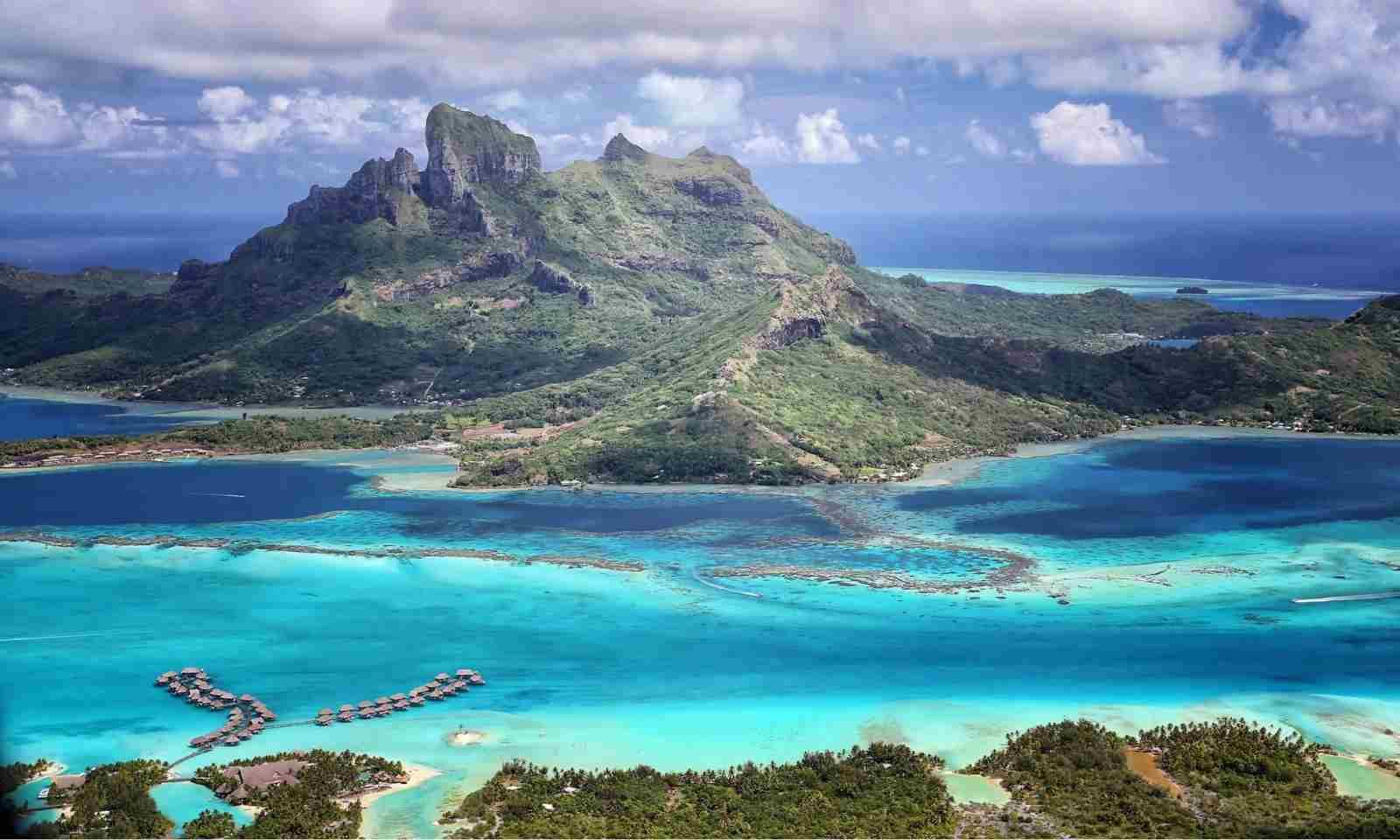
French Polynesia Tahiti, Mā’ohi nui, is located about 4300km northeast of New Zealand. Photo/Tahiti Tourismē
Tahiti (Mā’ohi nui), New Caledonia, and Wallis and Futuna are French territories in the Pacific.
Both Tahiti and New Caledonia have been re-listed for decolonisation by the UN General Assembly.
But after more than 10 years, France has refused to recognise the UN's committee on decolonisation.
Brotherson accused France of always having a problem with decolonisation in the Pacific.
Located some 4300km northeast of New Zealand, Tahiti has a population of about 280,000 people.
It was first settled more than 2000 years ago, declared a French protectorate in 1842, and fully annexed in 1880.
It was initially listed for decolonisation by the UN in 1946 but removed a year later as France fought to hold onto its overseas territories after World War II.
With limited autonomy granted to France in 1984 including control over local government services, the Versailles Parliament retained Tahiti's administration over justice, security, defense, foreign policy, and the currency.
For the first time last year, France attended the UN Decolonisation Committee since Tahiti's re-inscription in 2013 as awaiting decolonisation after decades of lobbying and campaigning.
French President Emmanuel Macron has been criticised heavily, with France labelled an out-of-touch colonial power.
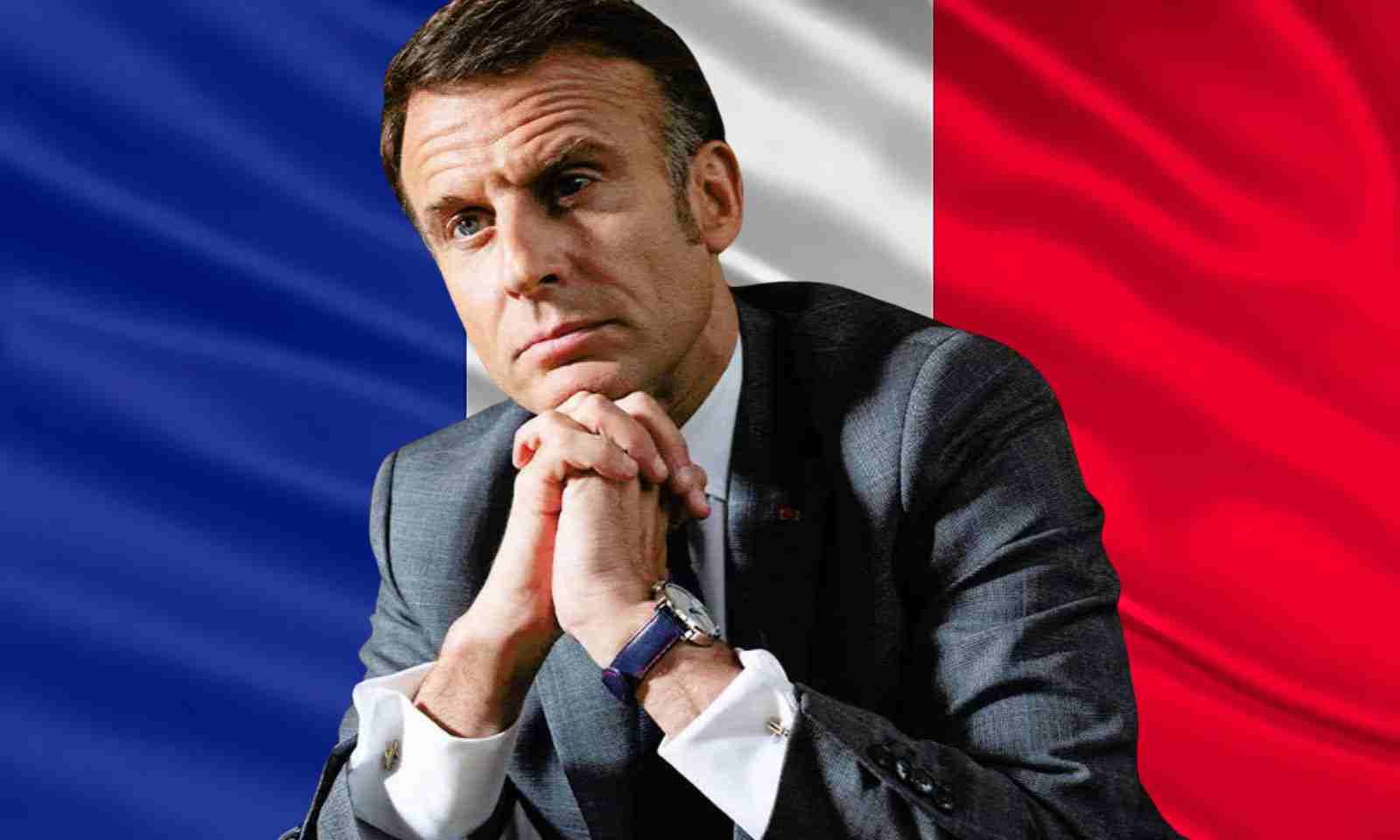
France President Emmanuel Macron's government has been criticised for its lack of urgency on decolonisation in the Pacific. Photo/supplied
The deadly riots in New Caledonia's capital Noumēa in May left 13 people dead, dozens injured, thousands arrested, and businesses ruined.
This has not helped Macron's popularity at home amid political change in France with new Prime Minister Michel Barnier announcing he would postpone provincial elections - on Macron's proposed bill - scheduled on 15 December.
On 13 May, Macron announced plans in Paris for a bill to increase the electoral body for local elections, which angered the indigenous Kanak people who make up 41 per cent of the population.
The pro-independence Kanaky movement feared the bill would weaken their electoral power and undermine efforts to secure self-rule.
Days after violence broke out in Noumēa, Macron deployed officers, gendarmes, and firefighters to New Caledonia.
For decades, Kanaks have sought to break free from France after what they say suffering from strict segregation policies and widespread discrimination.
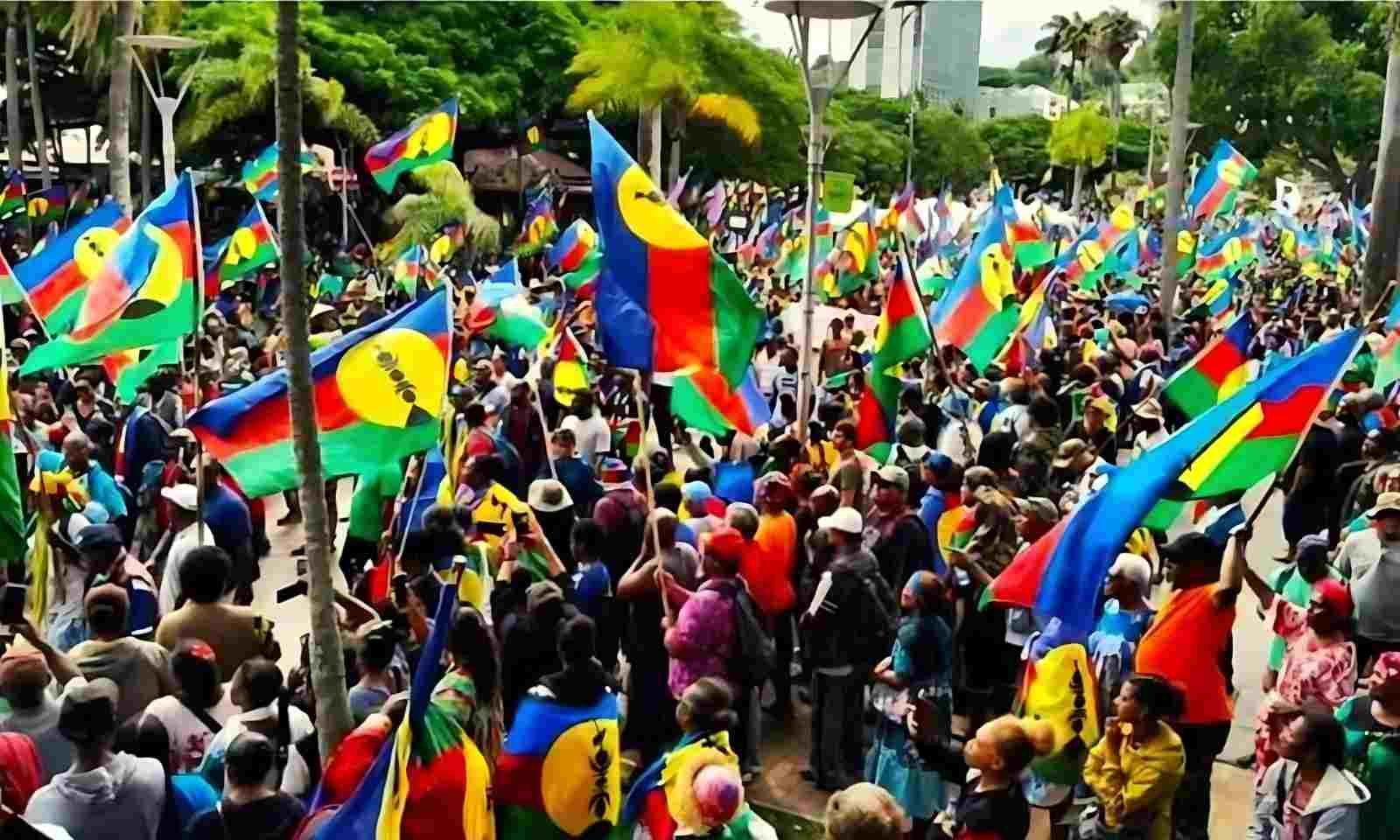
Pro-independence supporters rally in the New Caledonian capital, Noumēa, calling for independence. Photo/supplied
A high-level delegation from the Pacific Islands Forum is expected to travel to Noumēa this month on a fact-finding mission.
An earlier Troika tour was called off due to ramblings between the New Caledonian government of President Louis Mapou and officials in Paris.
New Zealand and Australian diplomats have been engaged in an attempt to reach a compromise for both sides of the conflict.
Brotherson, the pro-independence Tahitian leader, says after a "decade of silence, France must be guided to participate in dialogue".
Addressing the UN Decolonisation Committee in New York last week, Brotherson reiterated his government's support for a decolonisation process with France.
He called for Macron to cooperate and create a roadmap and timeline for the decolonisation process.
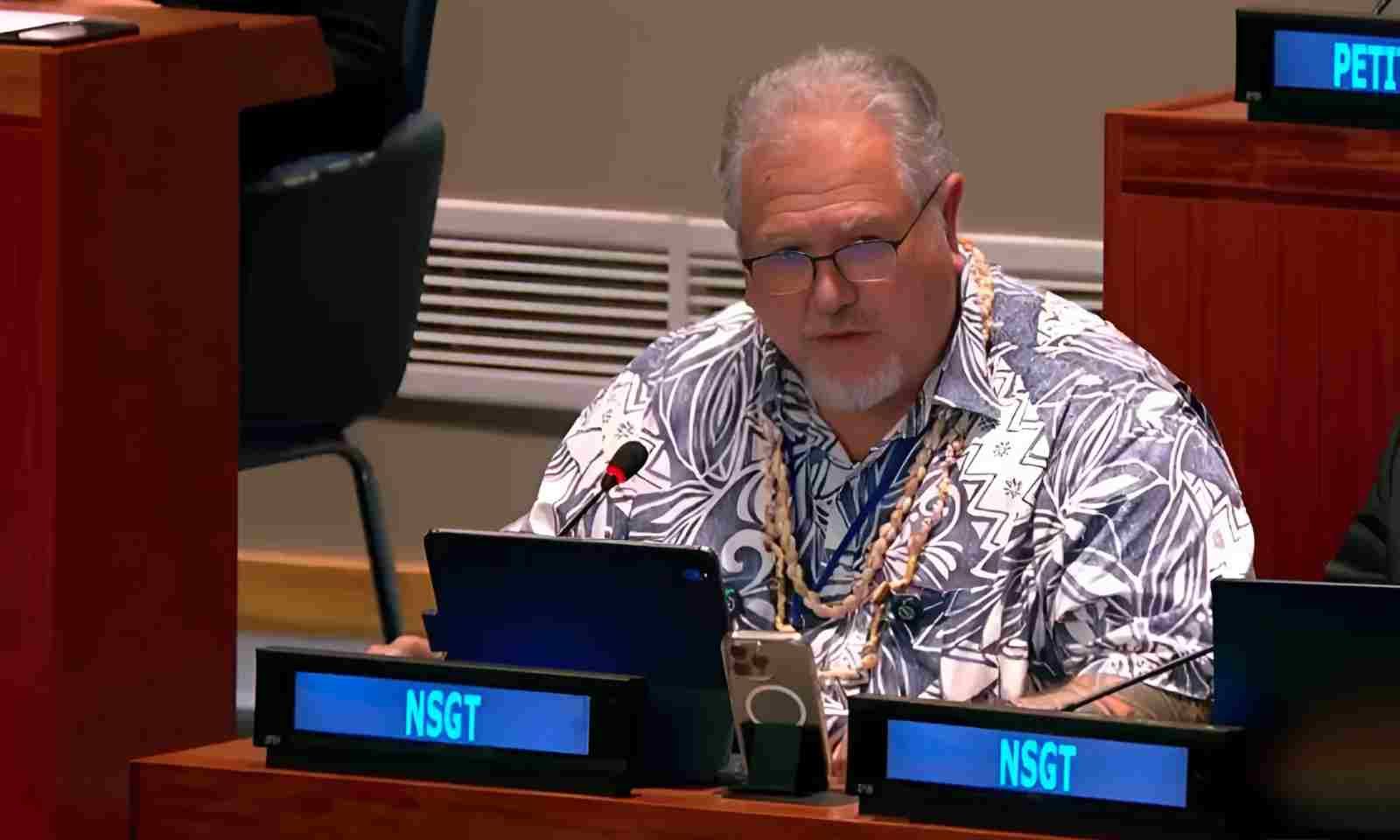
French Polynesia Tahiti President Moetai Brotherson addresses the UN Decolonisation Committee in New York. Photo/UN
Brotherson said the unrest in New Caledonia reminded everyone of the "delicate balance that peace requires".
In response to Brotherson, French permanent representative to the UN, Nicolas De Rivière, said the world's peak diplomatic organisation had no legitimate role in the process between France and Tahiti.
"I would like to clarify once again that this change of method does not imply a change of policy," De Rivière told the committee.
"There is no process between the state and the Polynesian territory that reserves a role for the United Nations."
De Riviēre said France contributed almost €2 billion (US$2.2b) each year, or almost 30 per cent of Tahiti's GDP.
Brotherson later told journalists he condemned Paris' stance, saying it was "off the mark".
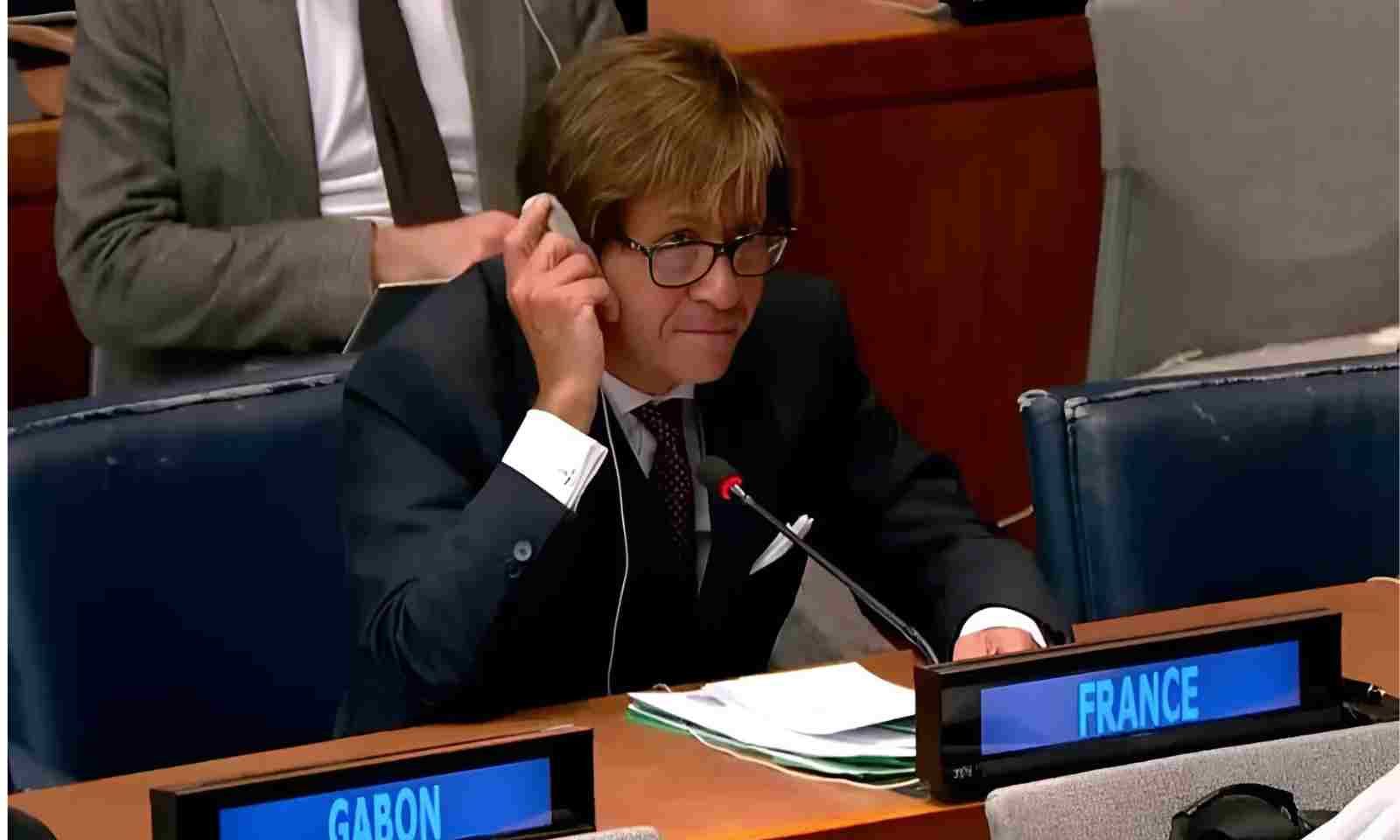
French permanent representative to the UN Nicolas De Rivière listens as French Polynesia Tahiti President Moetai Brotherson speaks at the UN Decolonisation Committee meeting in New York. Photo/UN